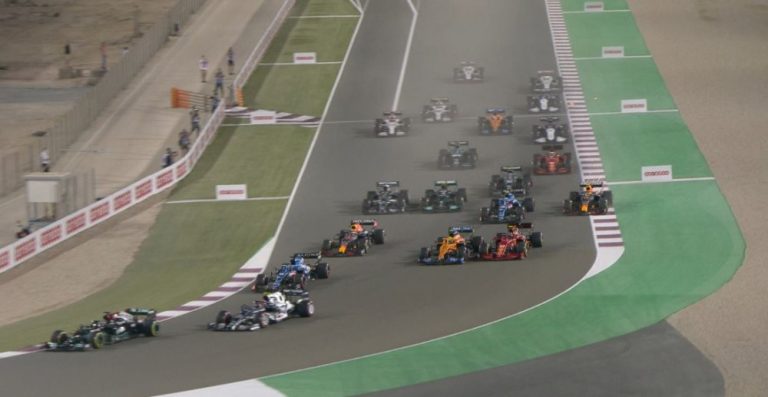Formula One drivers are some of the fastest and most skilled drivers in the world, and their reaction times are a crucial factor in their success on the track. In this article, we’ll take a closer look at the reaction times of F1 drivers and how they affect their performance.
Reaction time is the time it takes for a driver to react to a stimulus, such as a change in the track conditions or the behavior of another car on the track. In F1 racing, reaction time can make the difference between winning and losing a race.
Studies have shown that the average human reaction time is around 250 milliseconds, or a quarter of a second. However, F1 drivers are not average humans. In fact, they have been found to have reaction times that are much faster than the average person.
Research conducted by the University of Sheffield in the UK found that F1 drivers have an average reaction time of just 0.2 seconds, or 200 milliseconds. This means that they are able to process and react to stimuli much faster than the average person.
To put this into perspective, consider that an F1 car traveling at 200 km/h will cover a distance of 55.56 meters in just 0.2 seconds. This means that an F1 driver must be able to react to changes in track conditions or the behavior of other drivers in a split second, or risk crashing.
F1 drivers train extensively to improve their reaction times, using simulation tools and reaction time tests to hone their skills. They also rely on their experience and instincts to anticipate potential hazards on the track and react quickly.
In addition to their fast reaction times, F1 drivers must also be able to maintain their focus and concentration for the duration of a race, which can last up to two hours. They must be able to process and react to a constant stream of information, including data from their car’s sensors, feedback from their team, and the behavior of other drivers on the track.
In conclusion, F1 drivers have incredibly fast reaction times, with an average of just 0.2 seconds. This ability to react quickly is a crucial factor in their success on the track, and is the result of years of training and experience.
How fast are you? Try your reaction time here!




0 Comments